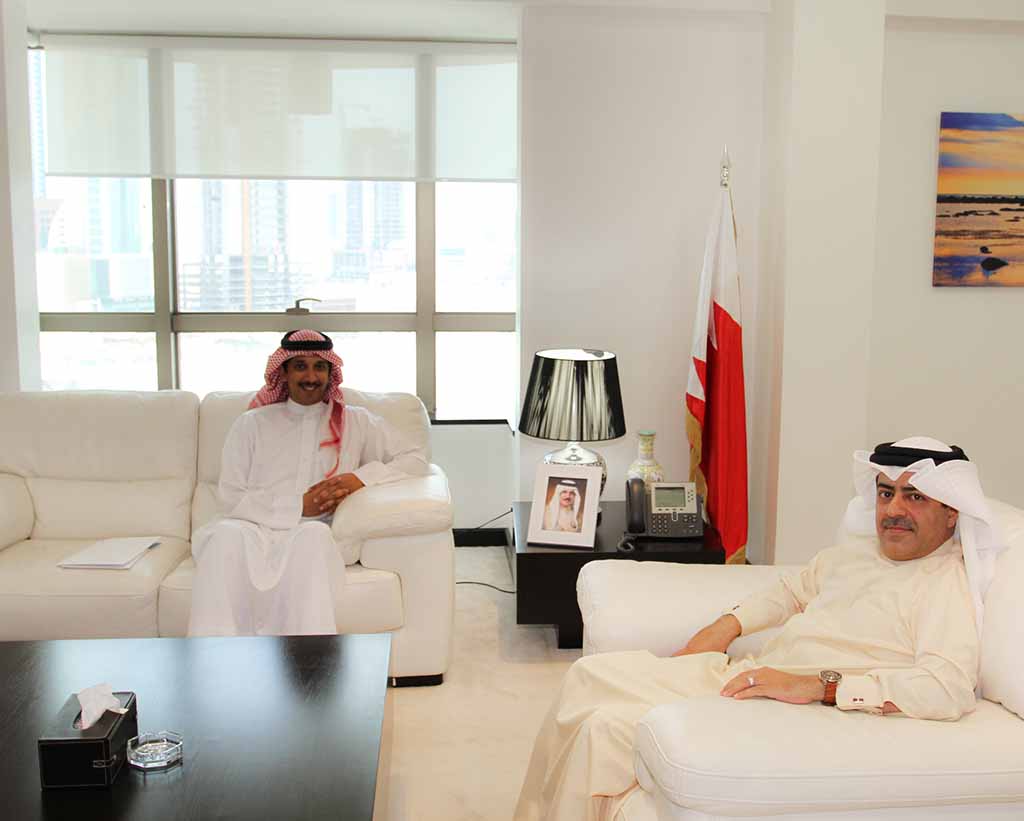The CEO of the Labor Market Regulatory Authority and Head of National Committee for Combating Trafficking in Persons Ausamah Abdulla Al Absi, announced reaching an agreement with the National Institute for Human Rights, permitting the later to open a branch office within the Expat Protection Center and Shelter, which is considered to be the first comprehensive center to provide preventative and guidance services for expatriate workers.
The center includes a shelter for victims or potential traffic victims.
Al-Absi pointed out that with “Human Rights” opening their office on Thursday, 1st of June 2017, via a representative working in the center directly, the services provided by the Kingdom to protect victimized expat labors are complete.
From his side, the Acting Secretary General of the National Institute for Human Rights, Dr. Khalifa Ali Al-Fadhil thanked the CEO of the Labor Market Regulatory Authority for giving the National Institute for Human Rights the opportunity to open its own office within the Expat Protection Centre and shelter. Pointing out that the National Institute for Human Rights works on strengthening its permanent and continuous work in the field of protecting human rights, and especially in the field of the rights of expat workers. On that basis, it was decided to open this office as a link between the National Institute and expats, in order to reach the maximum levels of protection and promotion of human rights. He also stated that he looked forward to the opening of more offices in all governorates of the Kingdom, believing that the King’s reformation project affirmed that human rights are for all.
It is worth mentioning that the shelter, under the umbrella of the Expat Protection Center and Shelter, provides complete services to victims or potential victims from the instance they enter the center, represented in providing security protection, medical services (periodic medical check-ups for the residents via the cooperation of volunteers from a number of private hospitals), mental health services (in cooperation with social researchers), legal counseling (providing legal advice to the resident, introducing him to his rights and methods of obtaining them, assisting him in reaching a settlement, or initiating legal proceedings in courts).
In addition, The center has direct contacts with a number of relevant government entities (Ministry of Interior, Ministry of Justice, Ministry of Labor, etc.), and the embassies of labor-exporting countries, as well as places of worship of various religions, clubs of foreign communities, and others.

